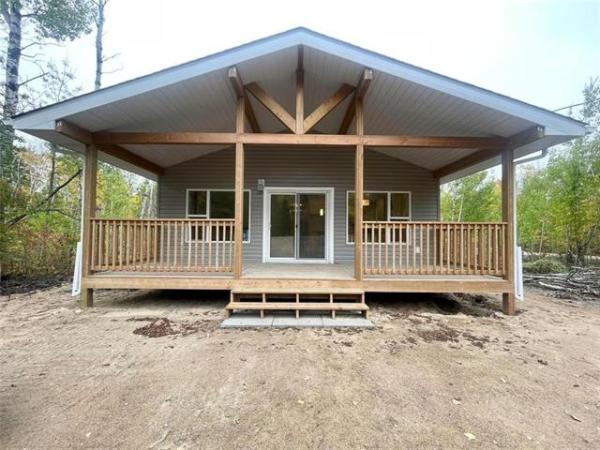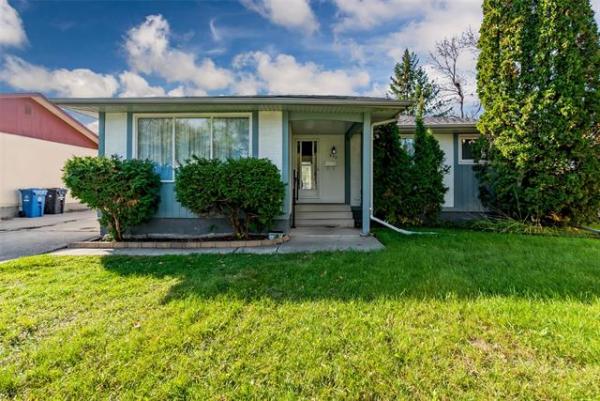Keeping a cool head is a must when assessing retirement finances.
"Don't fall in love with your assets," says Patricia Lovett-Reid, senior vice-president of TD Waterhouse in Toronto. "You have to be level-headed."
Staying level-headed can be difficult if one of the assets included in your retirement portfolio is your home.
"It's hard, because a home is an emotional asset," Lovett-Reid says. "When I evaluate net worth, I absolutely include my home but as I often say to people, it's very hard to eat a brick in retirement. Your home can be more of an illiquid asset than stocks and bonds."
Lovett-Reid says while there are lots of ways to utilize the value of your home in retirement, it should not be the first source of funds.
"Although the housing market has done well, I'm not sure we can count on a repeat performance," Lovett-Reid says. "Your home is very illiquid. Many who have not been able to save, or who have chosen not to save for their retirement, say: 'I can count on my home.' I'm not sure they're being entirely realistic."
Lovett-Reid says a home equity line of credit or a reverse mortgage can release some of the value of your home without the need to sell. Alternatively, you may choose to downsize.
"If you're looking to free up some capital and you're going from a modest home into a brand-new condominium, there may not be a big gain in value, particularly when you factor in the condo maintenance fees and that sort of thing," says Jack Courtney, assistant vice-president tax and estate planning at Investors Group in Winnipeg.
Lovett-Reid says it's more likely that moving into more modest quarters will save on maintenance costs, property taxes and utility bills, freeing up future retirement income. Any gain from your principal residence will not be taxed.
"You can take (the capital gain)... and maybe purchase an annuity," she says. "You're guaranteeing an income stream to ensure that the fixed costs are covered in your new home. You can still have the money in the equity market to grow, but there's no turning back once you (sell)."
Courtney says there is nothing wrong with considering the equity value in your home as part of retirement planning, as long as you are going to realize it.
"If you have a mindset, 'I am going to stay in this particular place as long as I possibly can,' then it's not really realistic to take it into consideration as part of the potential capital for funding retirement costs," Courtney says. "Whereas if you know you're going to move into an apartment for a few years and then into some form of assisted living facility where there's an all-inclusive monthly fee, one of the resources you will be relying on are the proceeds from the sale of your home."
Courtney advises clients to carefully plan the sale of their home ahead of time, rather than waiting until poor health or an inability to maintain the property forces them into selling quickly.
"Once they move," Courtney says. "a common refrain is, 'I should have done this years ago.' "
-- Postmedia News



